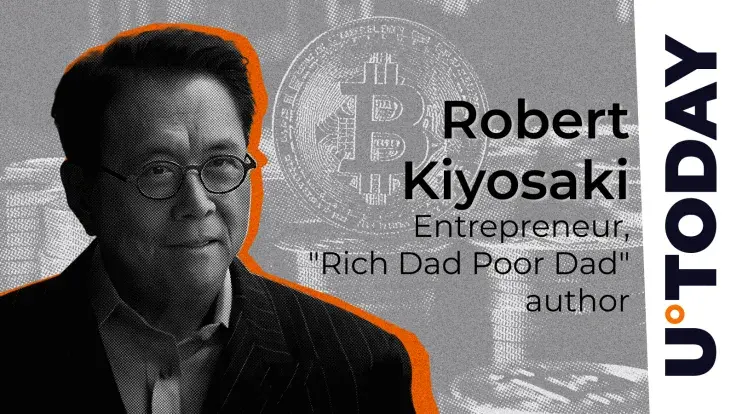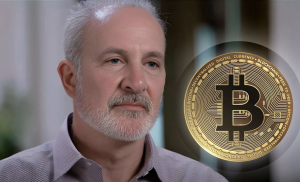
Robert Kiyosaki, author of "Rich Dad Poor Dad," has once again highlighted growing concerns about inflation and the ongoing recession by pointing out that more and more baby boomers are having to leave retirement and go back to work because their savings are not enough to cover their living expenses.
That is because the Federal Reserve keeps printing money, which helps the wealthy but hurts the poor and middle class, the best-selling author argues.
Kiyosaki's message is simple: fiat money is losing value, and those who rely on it are putting their financial futures at risk. The author believes that investing in scarce assets like gold and Bitcoin (BTC) is the best way to protect your financial future in an economic environment where the value of the U.S. dollar is falling.
This supports his idea that those who do not act now risk becoming what he calls "late-life losers," stuck with depreciating assets and shrinking wealth.
"People's money"
Interestingly, while Kiyosaki previously dismissed cryptocurrency as a risky gamble, his perspective has changed. He now sees BTC as the "people's money" - a reliable store of value, on par with gold and silver. He even predicts that Bitcoin could reach $1 million in the near future.
A more realistic prediction regarding the first cryptocurrency was also previously made by the author, who predicted that its price would reach $100,000 per BTC by the end of 2024.
With the Federal Reserve expected to cut interest rates on Wednesday and reintroduce quantitative easing measures in the coming days, Kiyosaki's message is more important than ever.


 Gamza Khanzadaev
Gamza Khanzadaev Arman Shirinyan
Arman Shirinyan Dan Burgin
Dan Burgin Alex Dovbnya
Alex Dovbnya